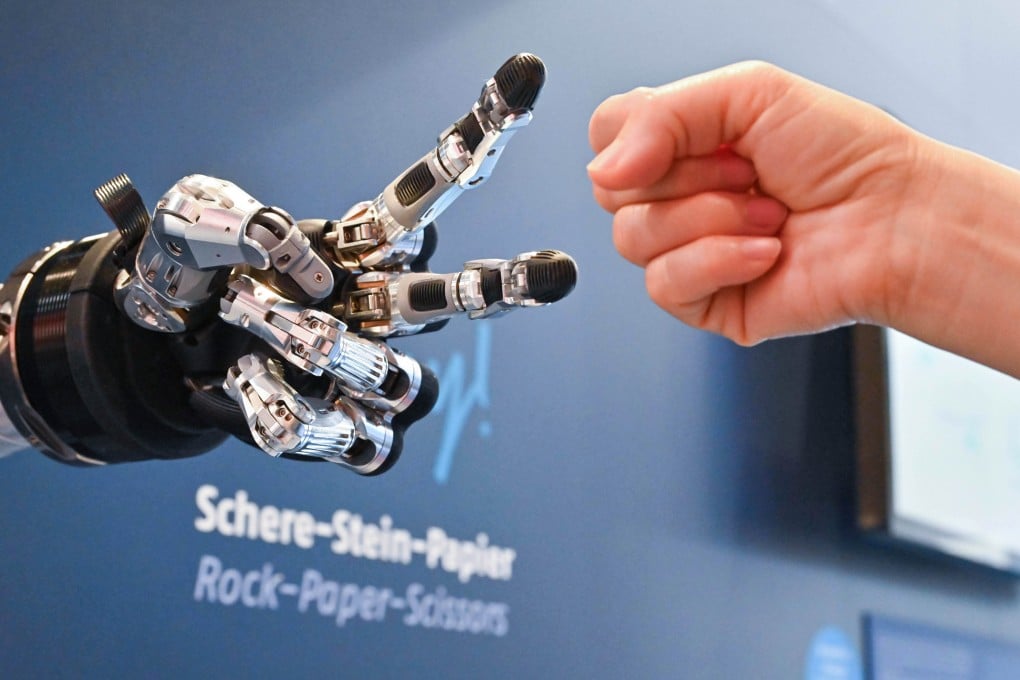Advertisement
Opinion | Europe must embrace AI revolution or fade into irrelevance
- If Europe wants to reverse the steady erosion of its competitiveness and technological leadership, it must adapt to the promise of AI
Reading Time:3 minutes
Why you can trust SCMP
1

If you watched Nvidia CEO Jensen Huang’s presentation at Computex Tapei, you might be convinced that artificial intelligence (AI) has ushered in a new industrial revolution in which accelerated computing with the latest AI chips has unleashed the power of doing everything faster, more efficiently and with less energy.
Advertisement
In this age of intense global rivalry and competition, AI, robotics and improved engineering promise a techno-utopian way to achieve dominance over rivals. McKinsey estimated that generative AI’s impact on productivity could add between US$2.6 trillion to US$4.4 trillion to the global economy annually. That is akin to adding one UK economy to the global economy every year.
According to McKinsey, roughly 75 per cent of the value generative AI creates will come from business improvements in four areas: customer operations, marketing and sales, software engineering and research and development (R&D). Instead of training people in coding, we can bypass coding altogether because AI can translate what you would like done, from writing the script and creating the video to even designing the process.
The reality is that even though generative AI will have a significant impact across all industry sectors, whether the potential gains in productivity are actually achieved depends on how people, companies, communities and countries carry out these changes.
This is a social and political question given the potential for generative AI to change the way we work by automating many common activities. Language barriers can be removed when AI does automatic translation, prints the transcript and even indicates the next work agenda.
Advertisement
McKinsey estimates that current generative AI and other technologies have the potential to automate work activities that consume 60 to 70 per cent of employees’ time at present. It is no surprise, then, that many workers and employers are looking to the future and seeing uncertainty.

Advertisement
